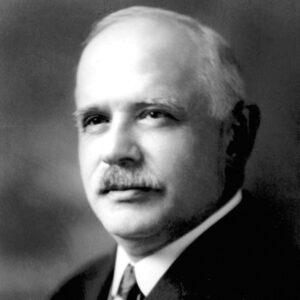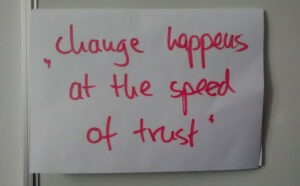May 19, 2010; Source: Wisconsin State Journal | To say that we’re a little confused by this article is an understatement. Focusing on Dane County, Wisconsin, home to Madison, the state capital, the Wisconsin State Journal notes that the contributions to the Dane County United Way were down a bit in 2009, but not horribly, considering the recession, and contributions to the Community Shares of Wisconsin, the alternative fund competitor with the United Way, were actually up 2 percent—though because of the addition of new corporate campaigns, not necessarily because people are giving more.
The article also cited a relief agency whose executive director pointed out that in her organization’s mission of dealing with people without jobs, it “felt like a recession, before the recession . . . This is the world we’ve been living in all along,” except perhaps that they’ve had to expand and offer new programs even while turning people away. Somehow, the Journal translated these items as evidence that “the business of philanthropy is booming.” Come again?
Sign up for our free newsletters
Subscribe to NPQ's newsletters to have our top stories delivered directly to your inbox.
By signing up, you agree to our privacy policy and terms of use, and to receive messages from NPQ and our partners.
The article points out that corporate donations have “dipped” (a nice euphemism), but individual contributions have “remained stable.” That constitutes philanthropic boom times? The confused reporting about the United Way we think describes a situation where corporate and workplace (payroll deduction) contributions are down, but the United Way was able to come close to its 2008 numbers by virtue of some foundation grants and donations from large wealth donors.
Maybe there’s something about the culture of Madison. Service providers reported that “fundraising in 2009 was good,”—hardly the sentiment one will hear in other communities. Maybe the writer meant that the energies of the emergency services groups have not waned despite the onslaught of “business” as a result of the recession. Or Dane County, home to the University of Wisconsin, might be an epicenter of industrious nonprofit service providers, but that hardly amounts to boom times for philanthropy—perhaps booming levels of human need and suffering and strains on nonprofit staffing and programs, but not boom times for philanthropy.—Rick Cohen













